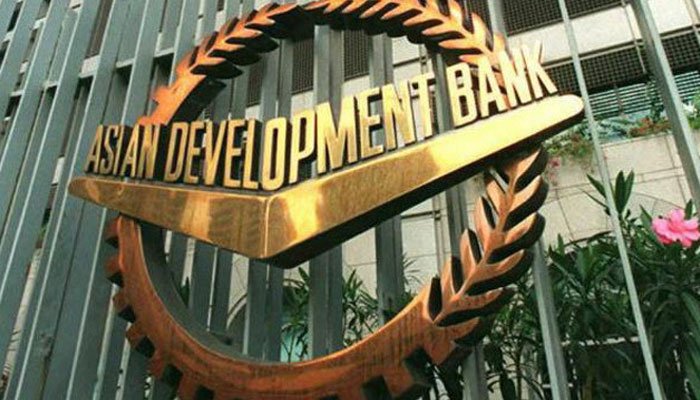Amounts received include $2.67bn concessional funding.
Largest recipient of ADB: Pakistan took loans worth $5.58bn in 2022. Owing to the economic crisis led by political and geopolitical uncertainties, Pakistan has become the largest recipient of the Asian Development Bank (ADB)-funded programmes/projects in the year 2022.
According to the ADB Annual Report 2022, released on Monday, out of total disbursement of over $31.8 billion to 40 countries, Pakistan received loans of $5.58 billion.
It should be noted that out of the total lending of $5.58 billion, Pakistan received concessional funding of $2.67 billion from the bank in last year.
The Manilla-based lender in its annual report observed that the bank provided timely responses to emerging and ongoing crises in the Asia and Pacific region.
This included a combined $2.2 billion, directed through the bank’s countercyclical support facility, for the Kyrgyz Republic, Mongolia, Pakistan, Tajikistan, and Uzbekistan — all severely impacted by the food and energy crisis, sparked by the Russian invasion of Ukraine, and in the case of Pakistan, devastating floods.
More From FactFile: Pakistan shares plan to secure $3bn financing with IMF
Moreover, ADB disbursed $10.5 million in emergency support to Tonga following a nearby volcanic eruption and subsequent tsunami, and $71.4 million to Bangladesh to meet the urgent needs of displaced people from Myanmar in the Cox’s Bazar district.
Expanding the mechanism’s geographic coverage, ADB continued Energy Transition Mechanism (ETM) efforts in the Philippines and Vietnam and commenced pre-feasibility studies in Kazakhstan and Pakistan.
Under a project covering India, Indonesia, Pakistan, Thailand, and Vietnam, the ADB is helping finance the crop inventories of over 50,000 smallholder farmers, undertake an assessment of climate risk vulnerability, and increase the participation of women in climate-resilient farming.
Another project, in Nepal, will benefit 30,000 farming households by helping develop climate-resilient orchards and deliver livelihood and climate adaptation training for growers.
In Sri Lanka, for example, food price inflation and a broader economic crisis exposed an estimated 8.2 million people to the prospect of having inadequate food.
In Pakistan, extreme floods damaged over one-third of the Kharif (summer) seasonal cropping area, curtailing food supply and driving up prices. In Afghanistan, drought and flash floods worsened food insecurity and contributed to soaring prices of staple items, which impacted the entire population.
ADB committed $3.7 billion from the programme in 2022, including essential food assistance for those in need, including women and girls, in Afghanistan (using United Nations systems), Pakistan, and Sri Lanka.
Afghanistan and Pakistan were severely impacted by rising food and energy prices, exacerbated by the Russian invasion of Ukraine, triggering domestic inflation and curtailing consumption.





